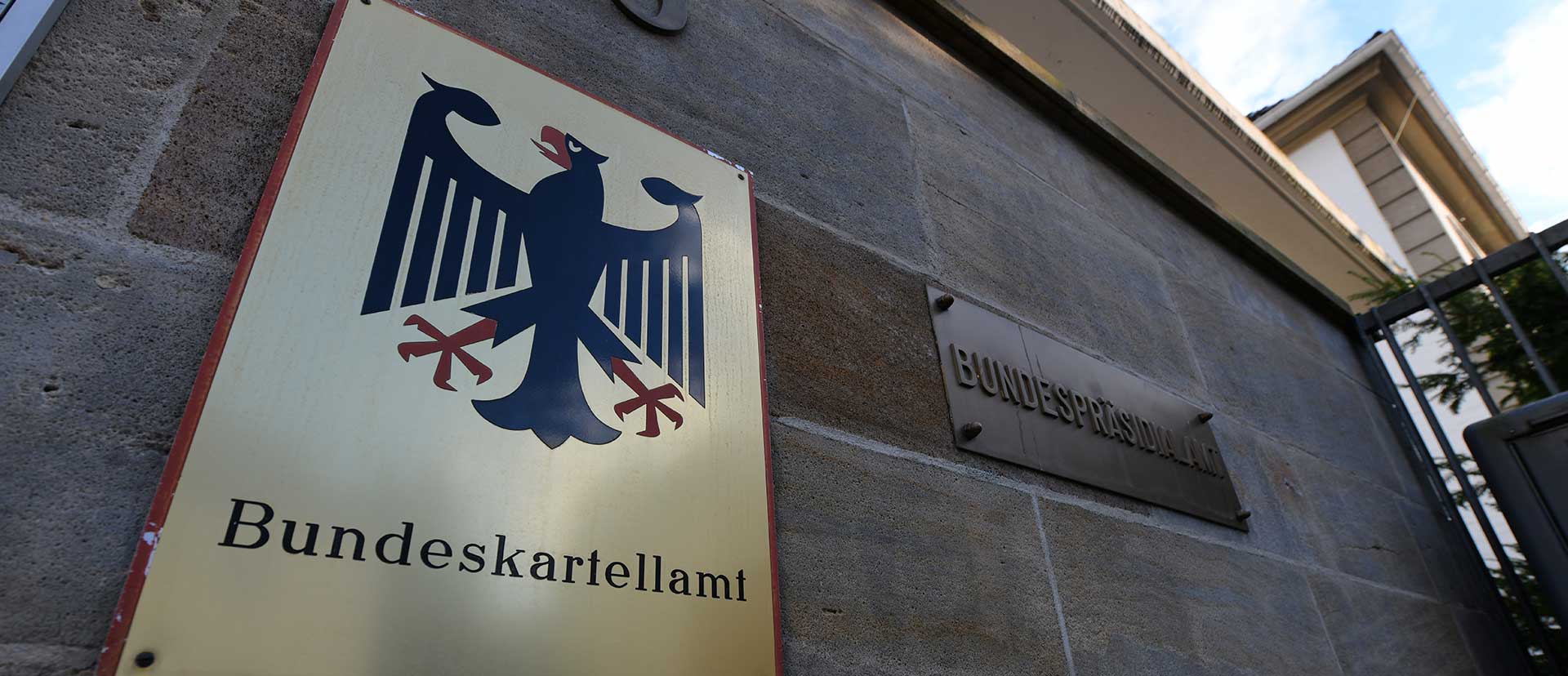The article looks into German cartel enforcement trends based on case statistics as well as recent cases. It also describes how the German Federal Cartel Office reacts to the challenge of a decreased number of leniency applications over time that was exacerbated by the pandemic. Also, the main procedural changes brought about by the new German Fining and Leniency Guidelines issued in the second half of 2021 after entry into force of the 10th Amendment of the German Act against Restrictions of Competition that implemented the ECN+ Directive. While some changes are significant, e.g. the abolishment of the ringleader test in the new German Leniency Guidelines and the consideration of compliance efforts in the new Fining Guidelines, they do not solve the underlying issue of the decline in leniency applications.
By Romina Polley[1]
I. INTRODUCTION AND SUMMARY
Cartel enforcement in Germany reached a further low in 2021 compared to 2020 and 2019. The threat of private damages actions continues to discourage whistleblowers from approaching the Federal Cartel Office (“FCO”) with immunity applications, which are the main starting point for the opening of new investigations. This trend has prompted a discussion of how cartel enforcement can be reinvigorated that goes well beyond Germany.[2] Due to the COVID-19 pandemic, the trend of fewer cases will likely continue for some time, because there were hardly any inspections in the last two years, resulting in a
...THIS ARTICLE IS NOT AVAILABLE FOR IP ADDRESS 216.73.216.161
Please verify email or join us
to access premium content!

